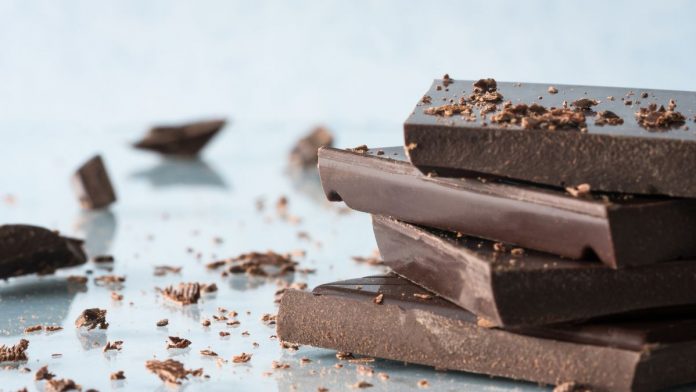If you have iron-deficiency anemia, taking iron orally or getting iron administered intravenously along with vitamin C is often the fastest way to raise your iron levels.
Iron is necessary to produce hemoglobin in red blood cells, which helps the red blood cells (RBCs) carry oxygen to organs and other tissues of the body. Lack of iron disrupts this process, and insufficient oxygen supply can make you feel tired and short of breath during physical activities.
Your doctor will first try to identify the cause and severity of your anemia and then recommend the right treatment for you. Depending on your blood tests (including hemoglobin level, red blood cell count, etc.), your doctor may recommend eating iron-rich foods and vitamin C-rich foods instead of prescribing an iron supplement. In severe cases, a blood transfusion may be needed.
What drink is high in iron? 14 Healthy drinks
14 Healthy iron-rich drinks include:
Apple juice
Apricot nectar
Beef broth
Beet juice
Cocoa using natural cocoa powder
“Green” smoothies
Usually containing ingredients such as kale, spinach, celery, Swiss chard, wheatgrass, cucumber, parsley, and mint
Adding flax seeds or sesame seeds to smoothies can also increase their iron content.
Orange juice
Grapefruits juice
Pea protein smoothies
Prune juice
Tomato juice
Spinach juice
Kiwis juice
Strawberries juice
Avoided drinks containing caffeine such as coffee, tea, and soda taken with meals can block iron absorption.
What foods can help raise your iron levels? 20 Foods
It is important to have a balanced diet that is rich in vitamins and minerals to avoid suffering from any deficiency. When it comes to iron-deficiency anemia, look for foods that are rich in iron, vitamin C, vitamin B12, and folate (folic acid).
9 Food sources of iron include:
Spinach
Watercress
Kale
Raisins
Apricots
Prunes
Meat
Chicken
Iron-fortified cereals and bread
6 Food sources of vitamin C include:
Grapefruits
Oranges
Kiwis
Strawberries
Plums
Tomatoes
5 Food sources of vitamin B12 include:
Meat
Chicken
Fish
Eggs
Fortified bread, pasta, rice, and cereals
What causes iron-deficiency anemia?
Iron deficiency anemia is caused by the loss of iron in your body through:
Blood loss, which may be due to:
Heavy periods
Peptic ulcers
Hiatal hernia
Colon polyps
Colorectal cancer
Regular use of some over-the-counter non-steroidal anti-inflammatory drugs (NSAIDs)
Lack of iron in your diet
Inability to absorb iron due to an intestinal disorder or surgery that removes a part of your intestine. Iron absorption from food first occurs in the small intestine, which is then released into the blood. An intestinal disorder, such as celiac disease, hampers this process. Surgical removal of a part of the intestine also reduces your ability to absorb enough iron.
Periods of increased iron needs, such as pregnancy and lactation, may also contribute to iron deficiency. Without adequate iron intake, pregnant women often suffer from iron-deficiency anemia. Excessive bleeding after childbirth may also cause anemia.
What are risk factors for iron-deficiency anemia?
People who have an increased risk of developing iron-deficiency anemia include:
Women. Women lose iron from blood loss due to monthly periods.
Infants. Premature infants and infants who do not get an adequate iron supply from breast milk carry a greater risk of developing iron-deficiency anemia.
Vegetarians. Vegetarians are more likely to have inadequate levels of iron if they do not get enough iron from food sources other than meat.
Blood donors. Blood donors should always remember to replenish their iron stores by eating a diet rich in iron


























